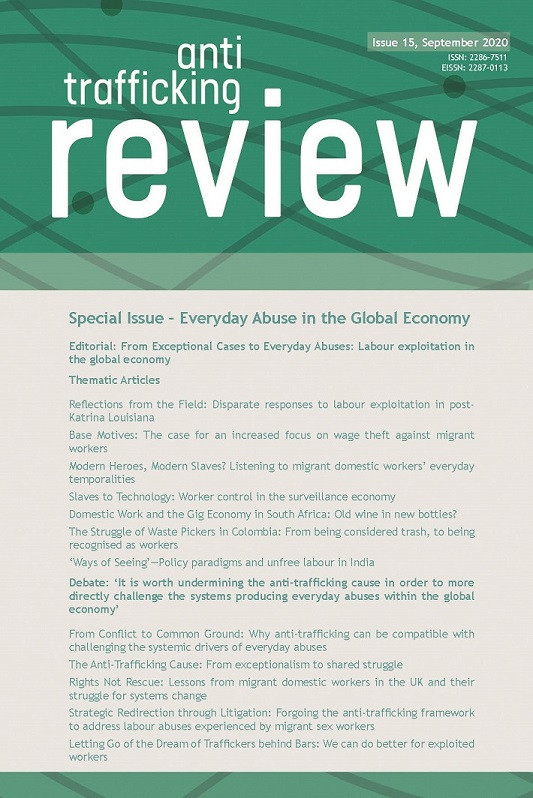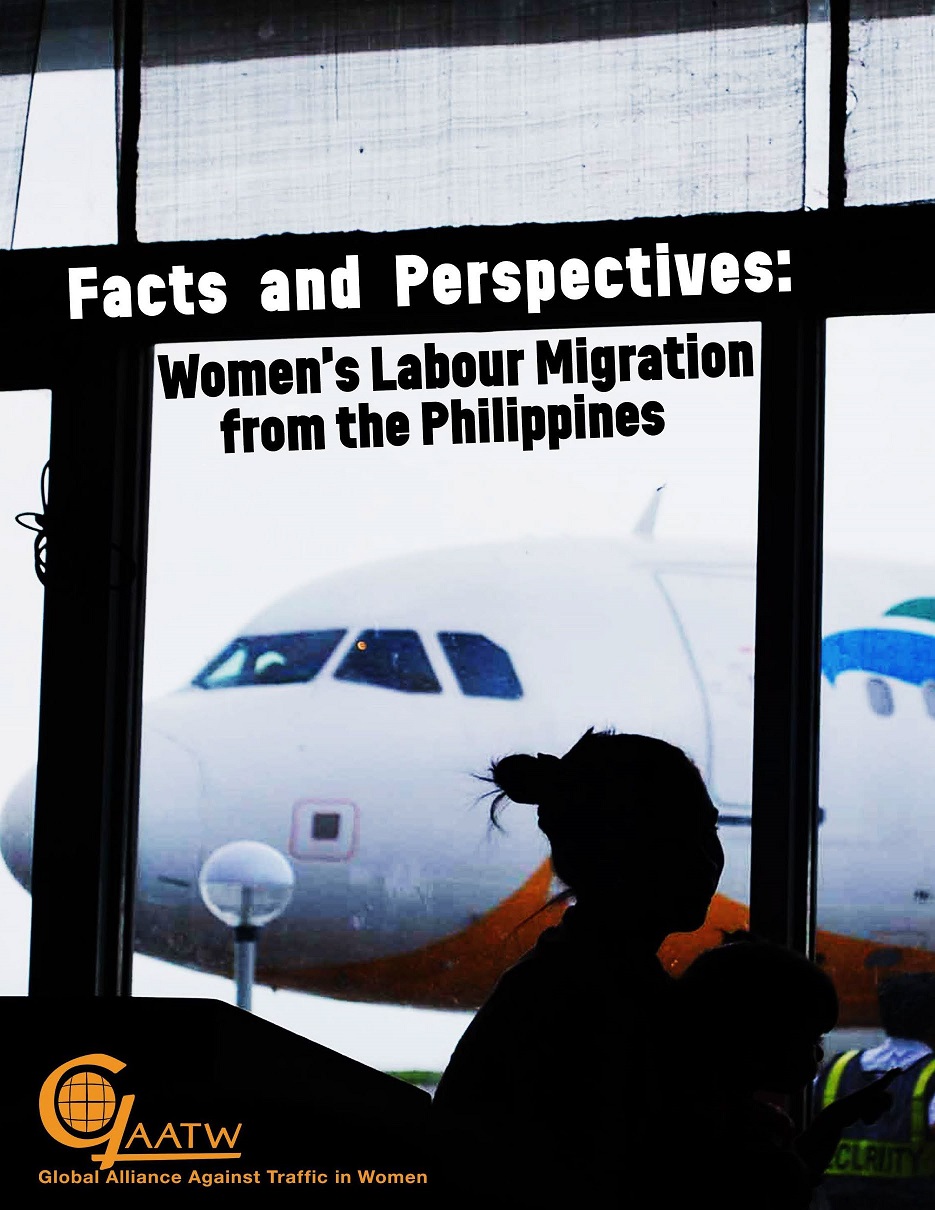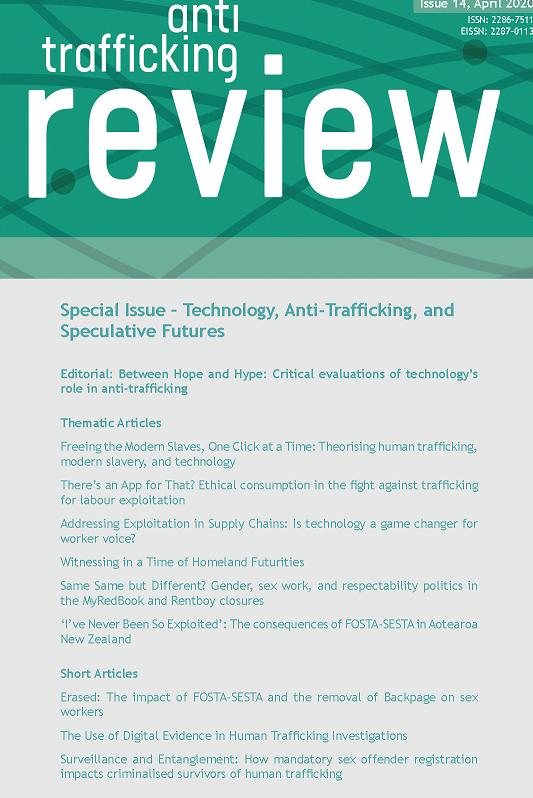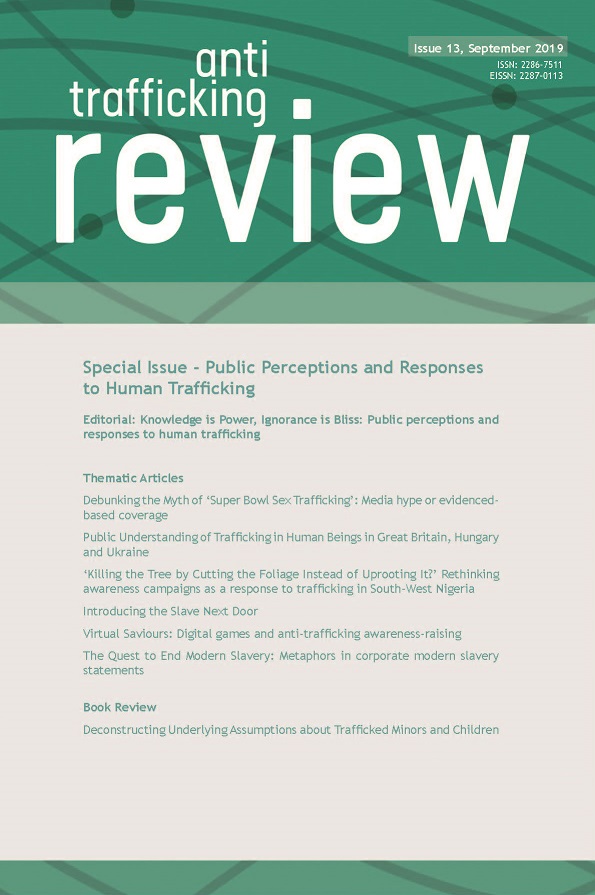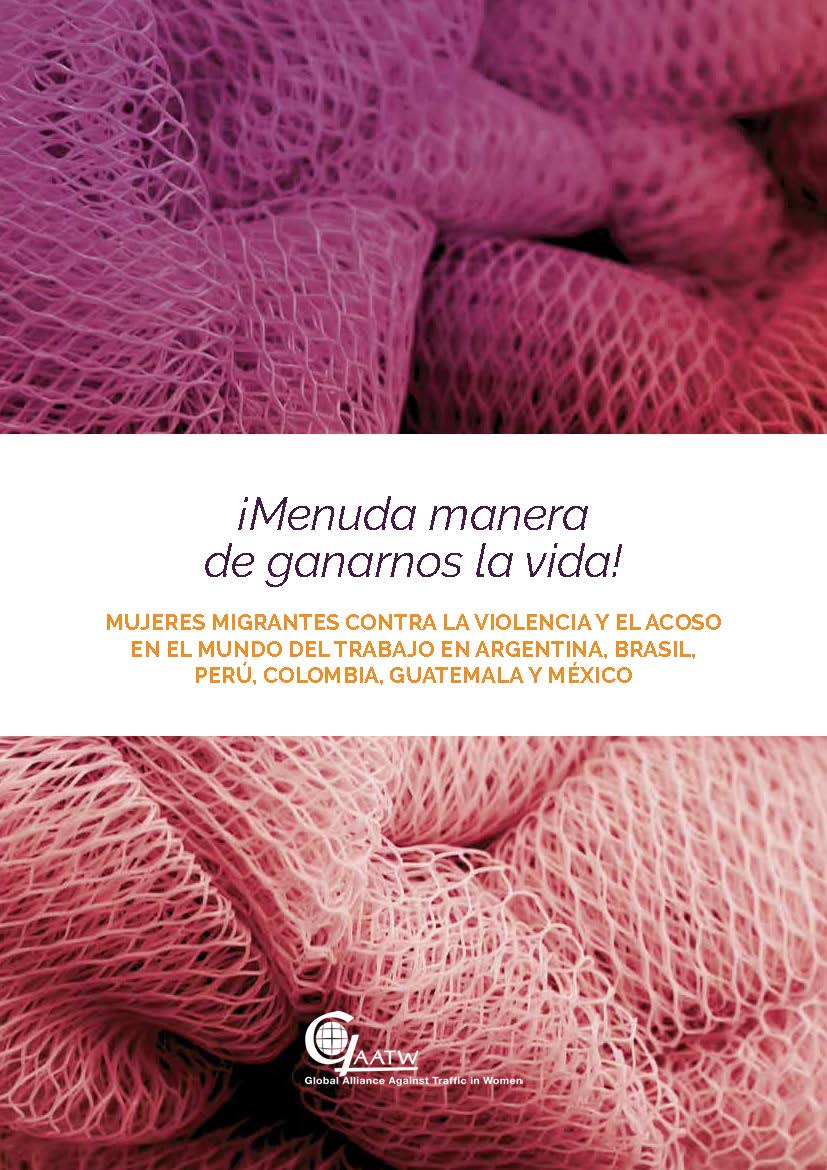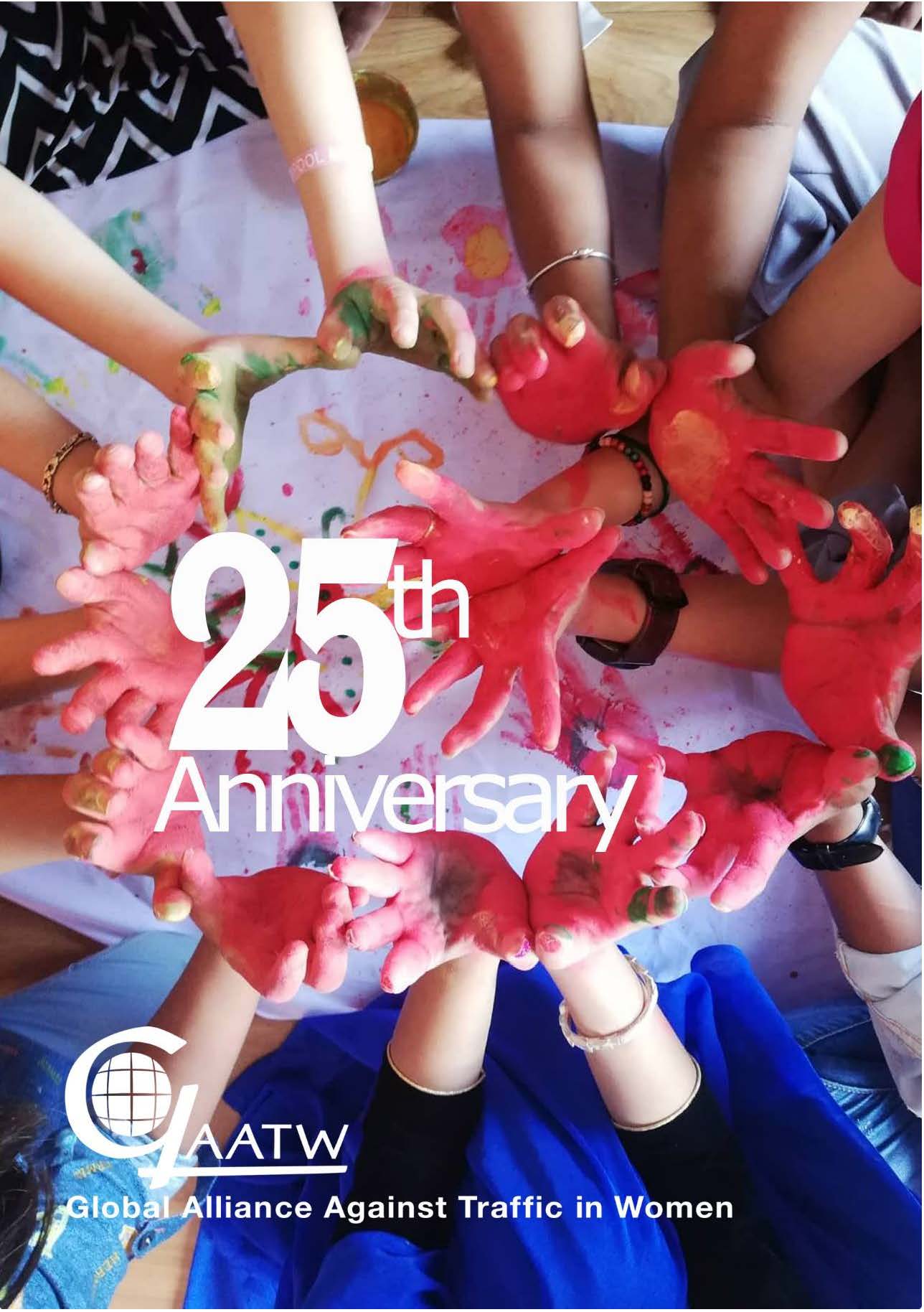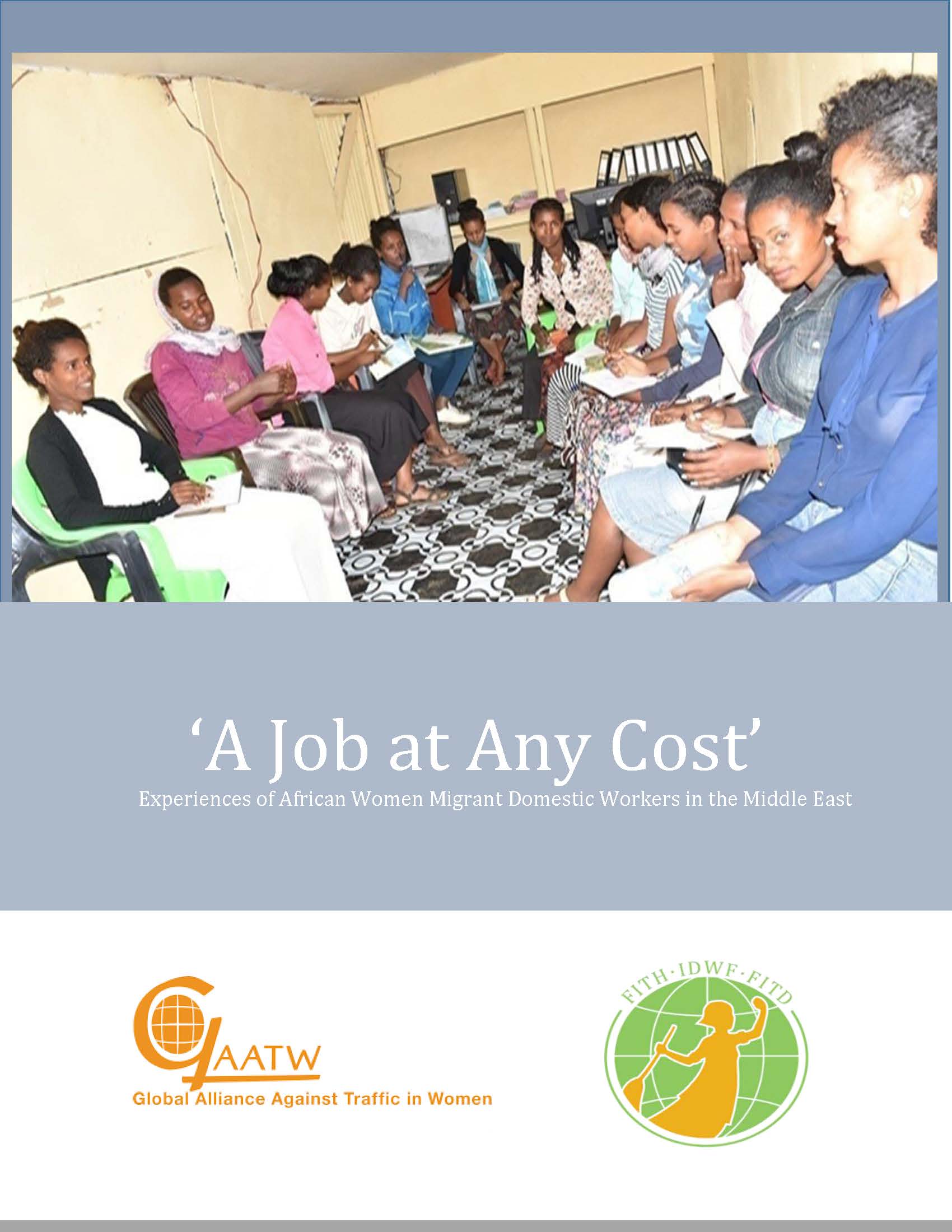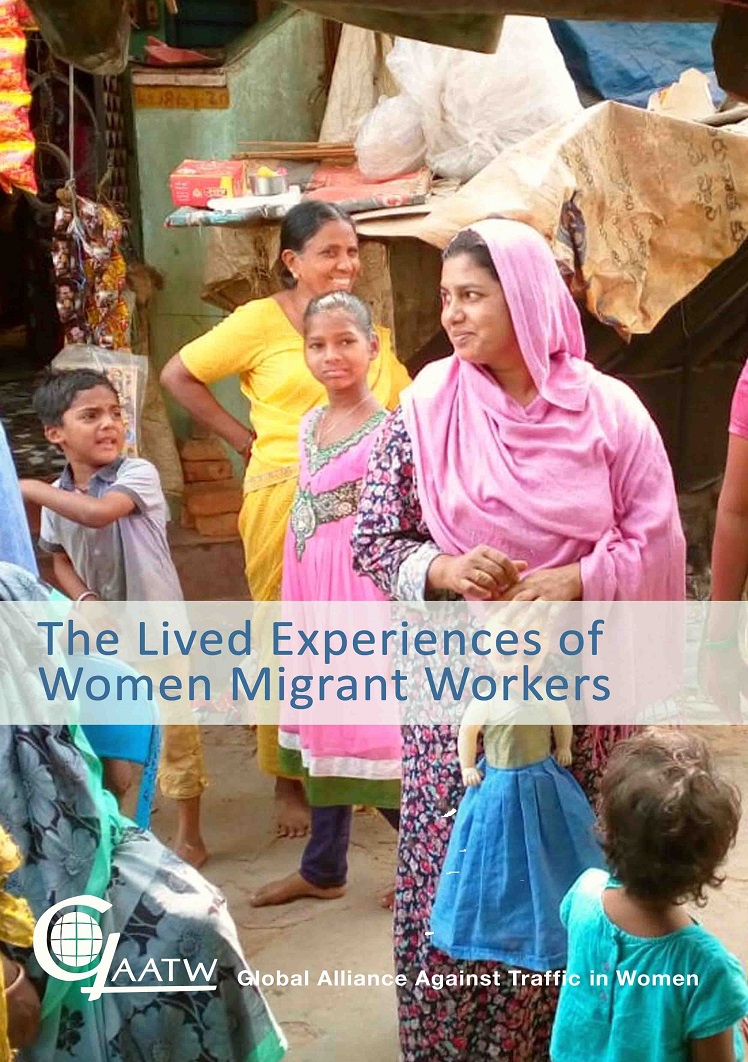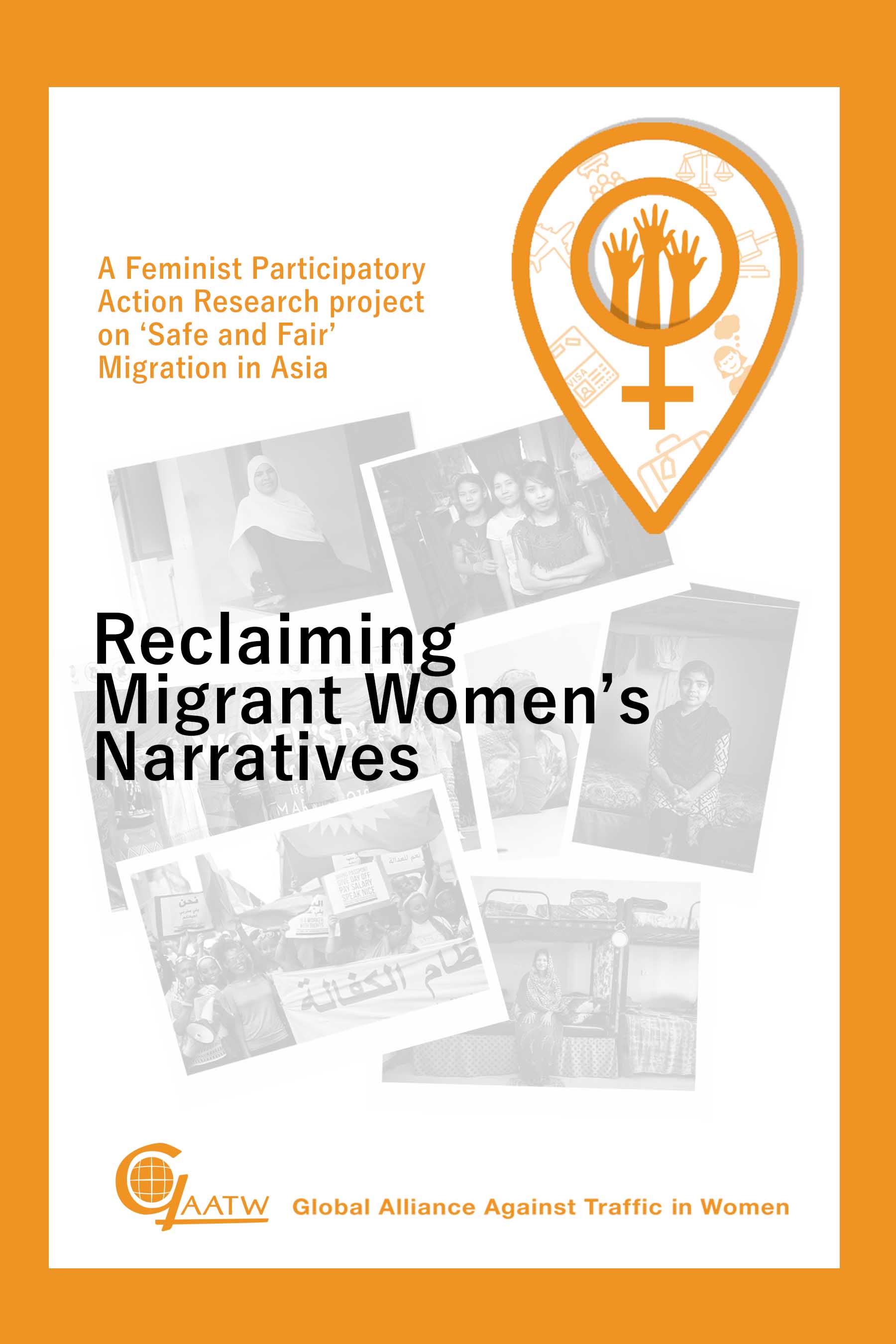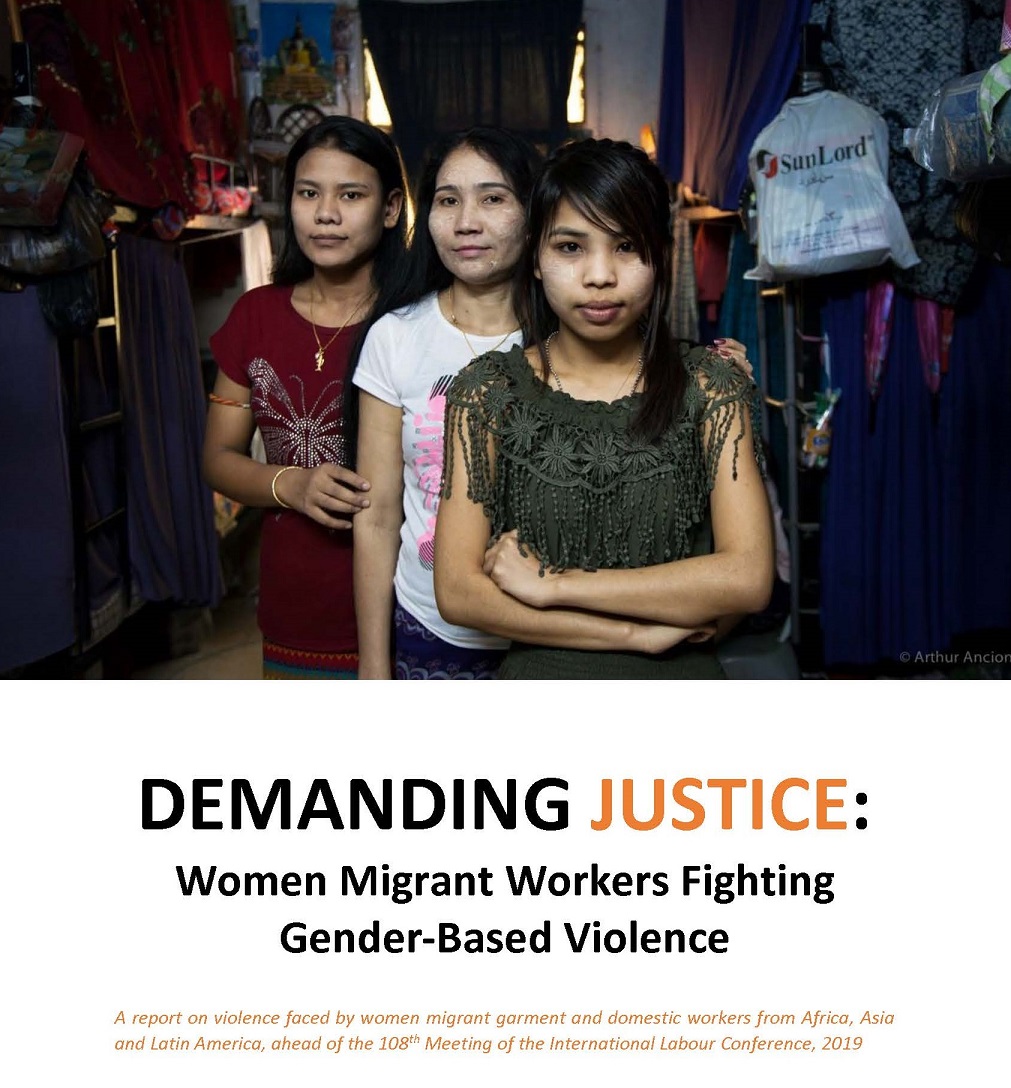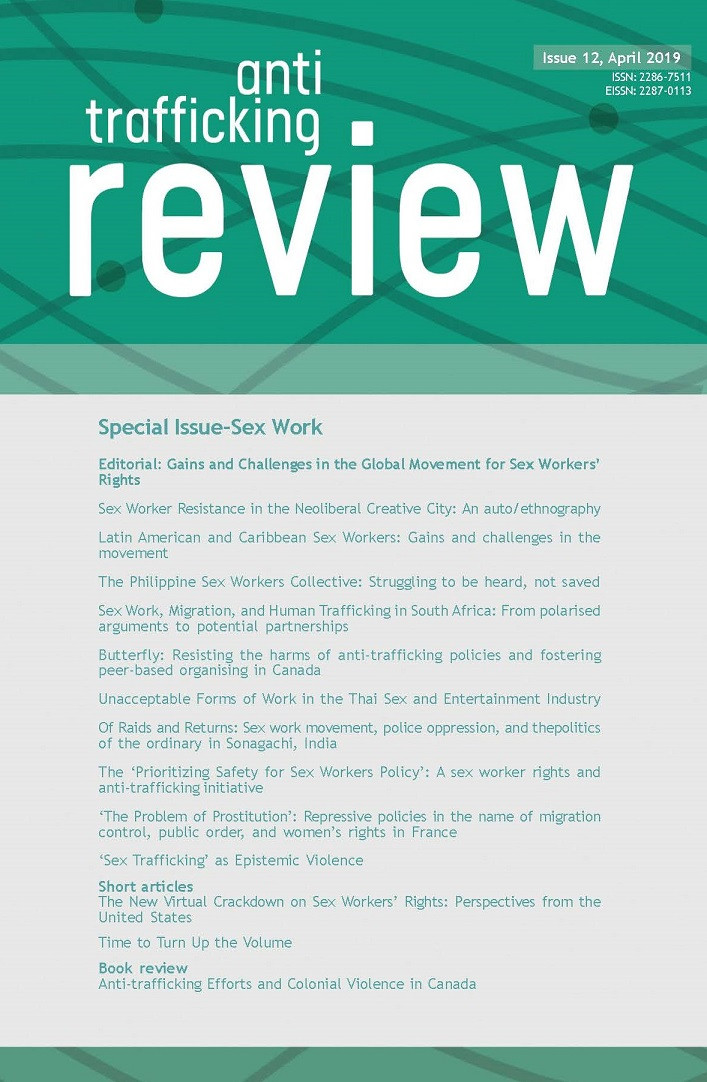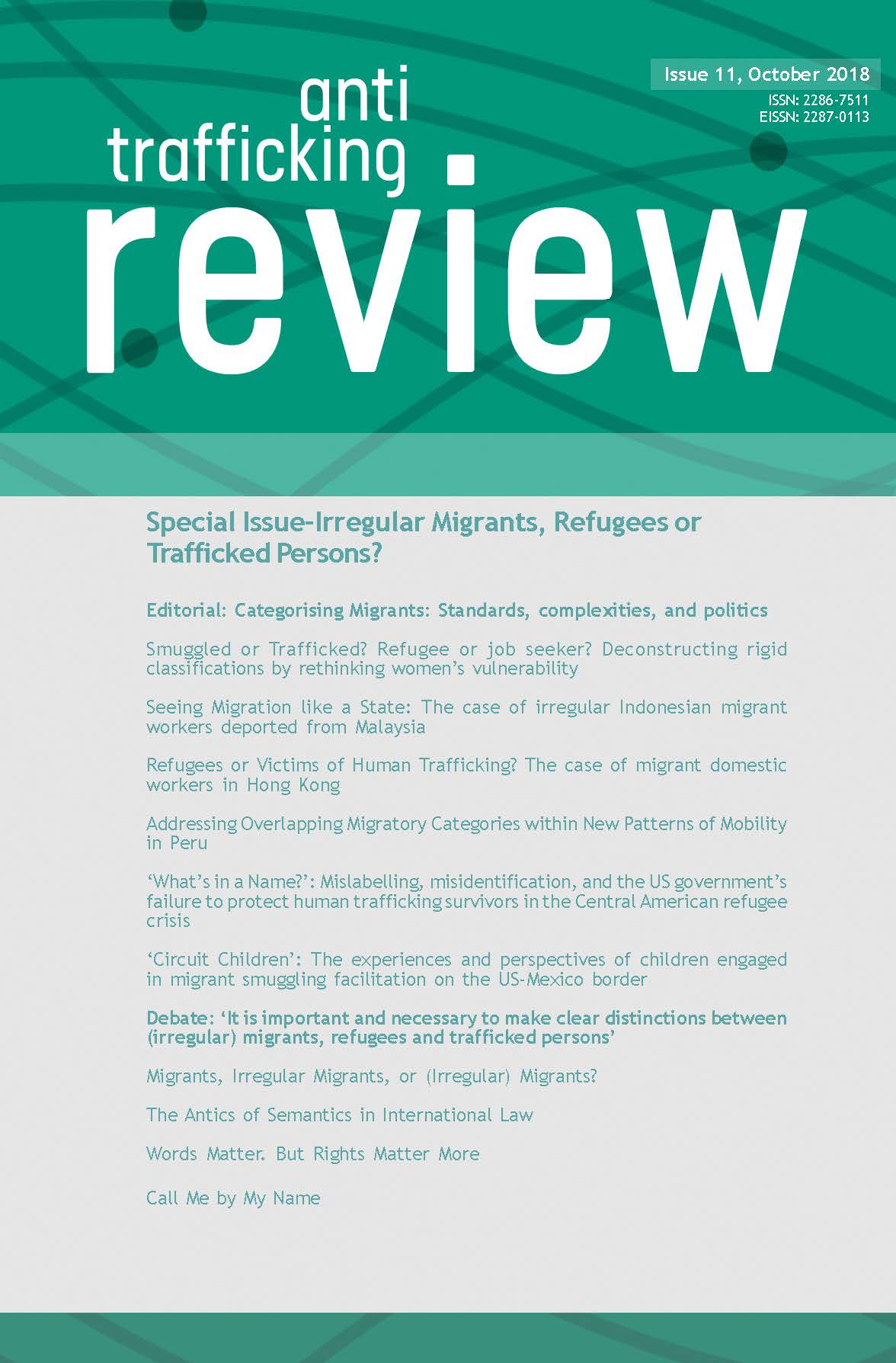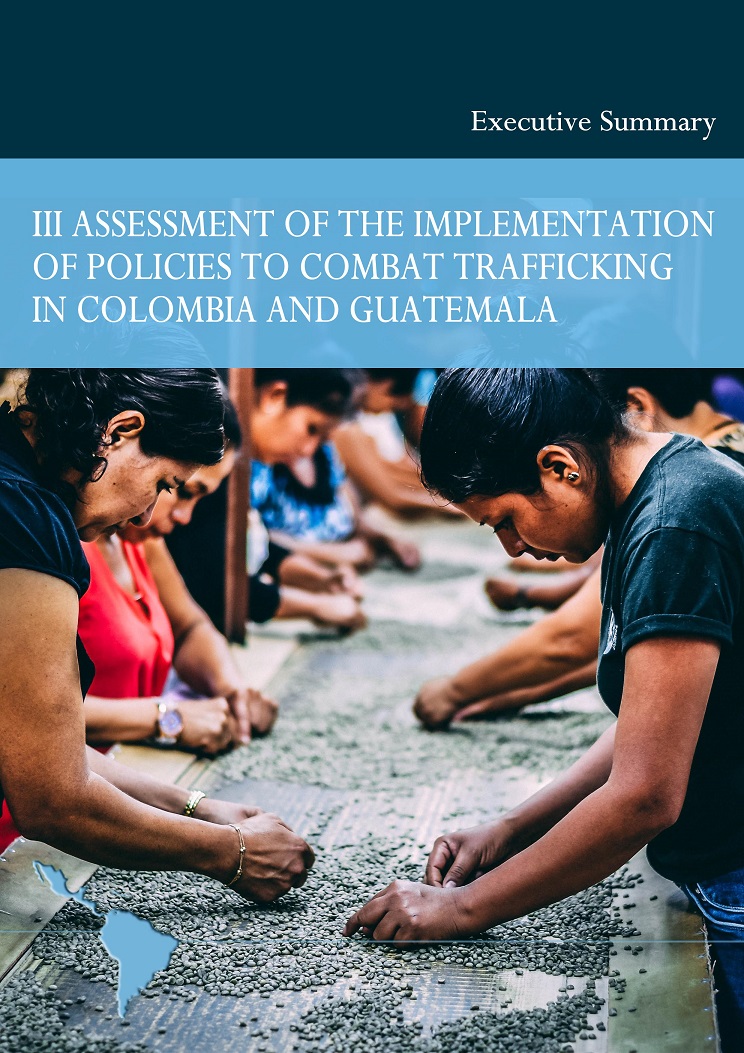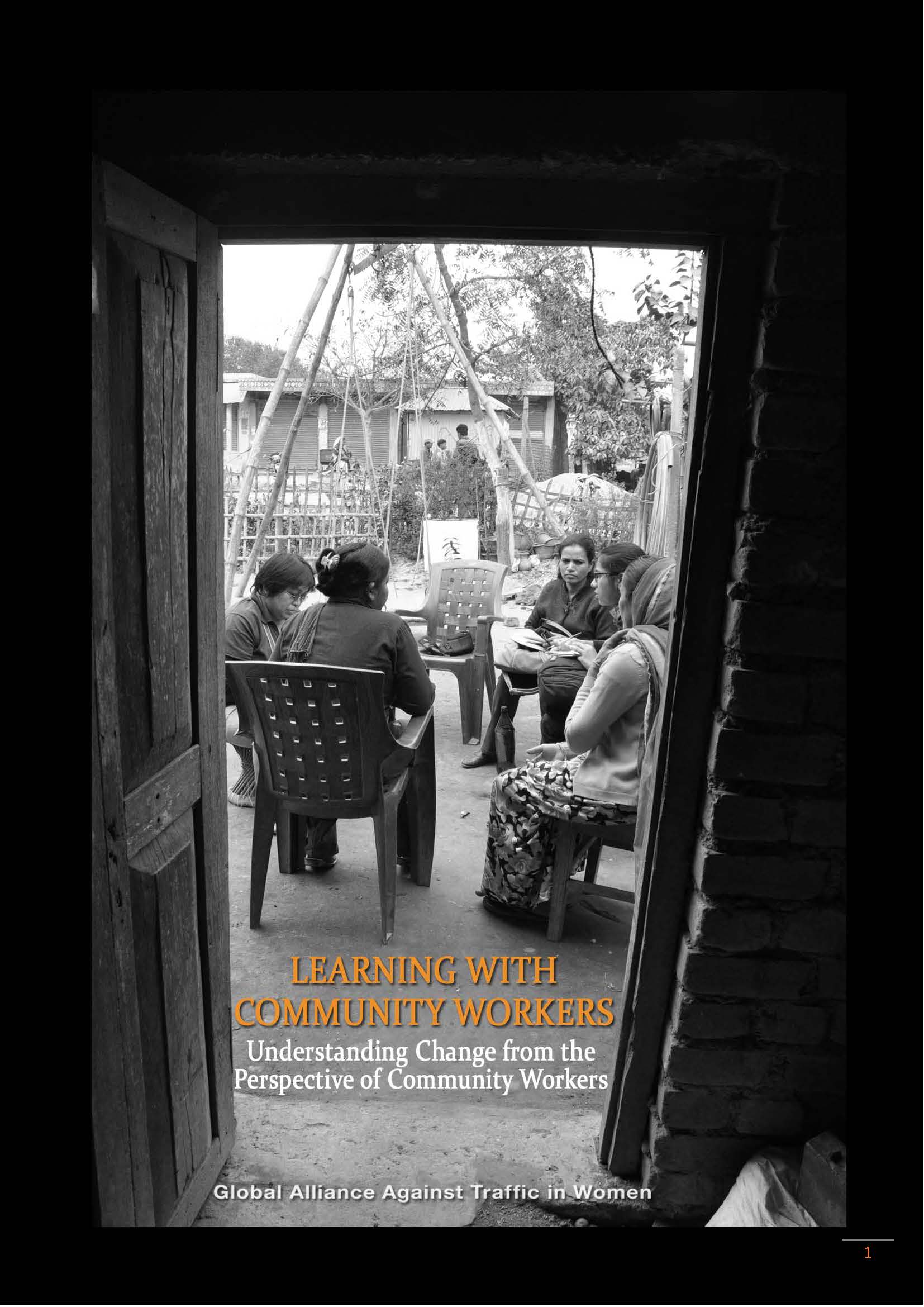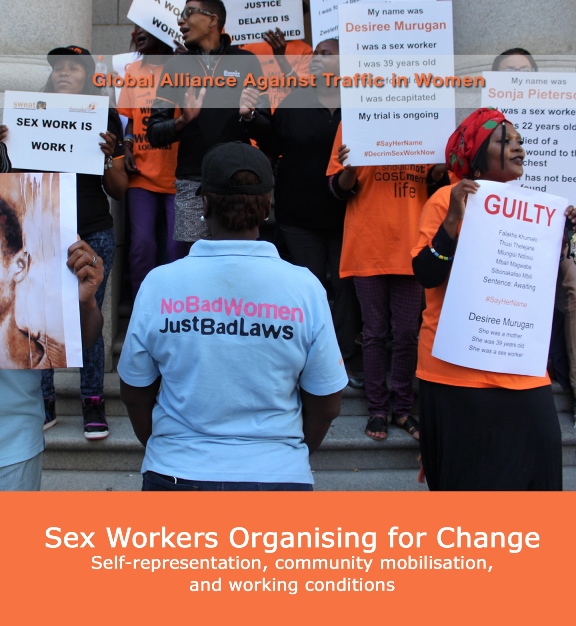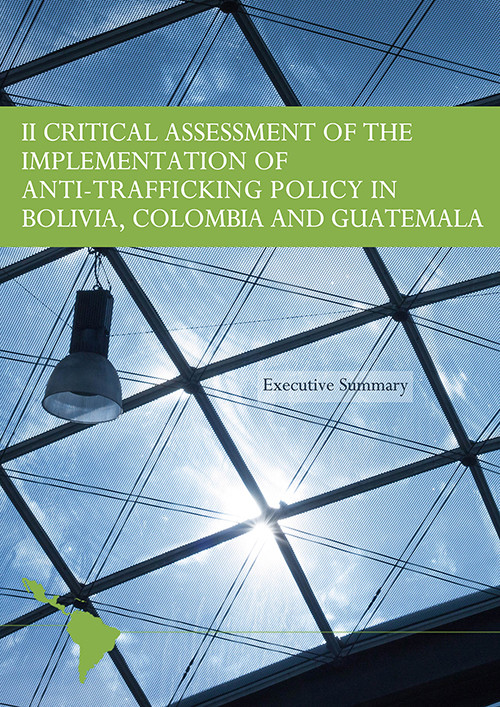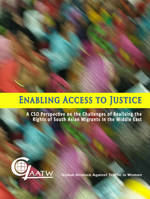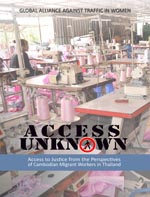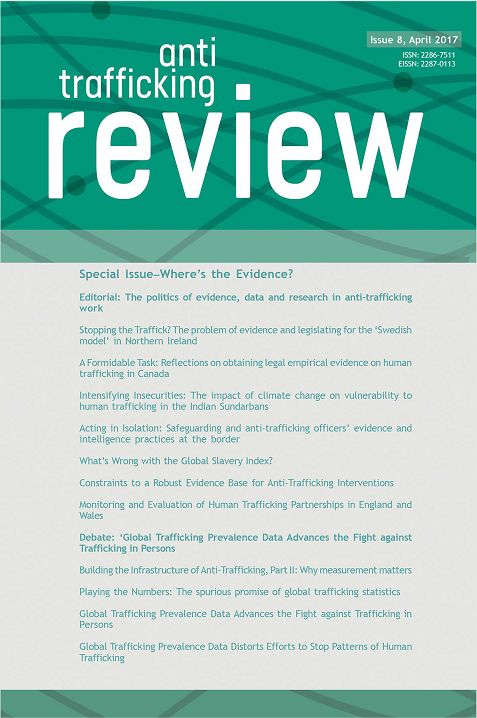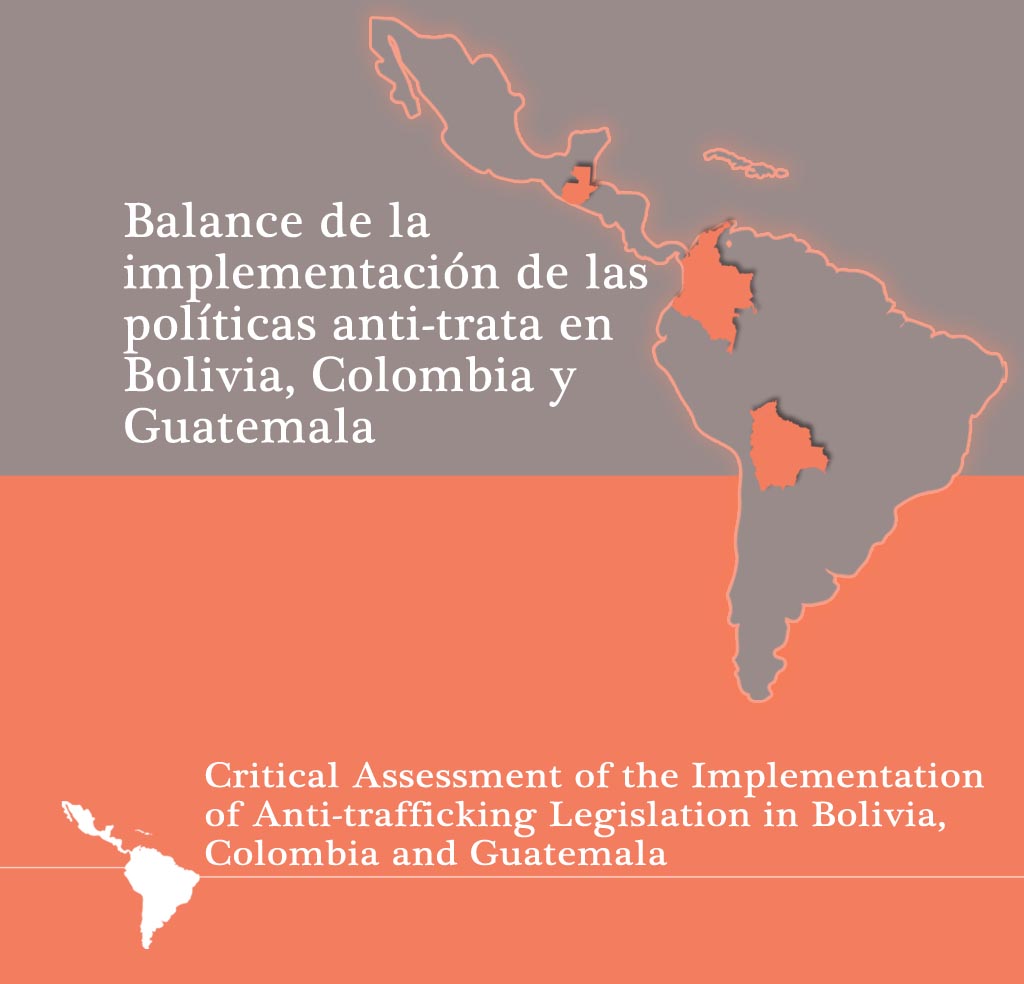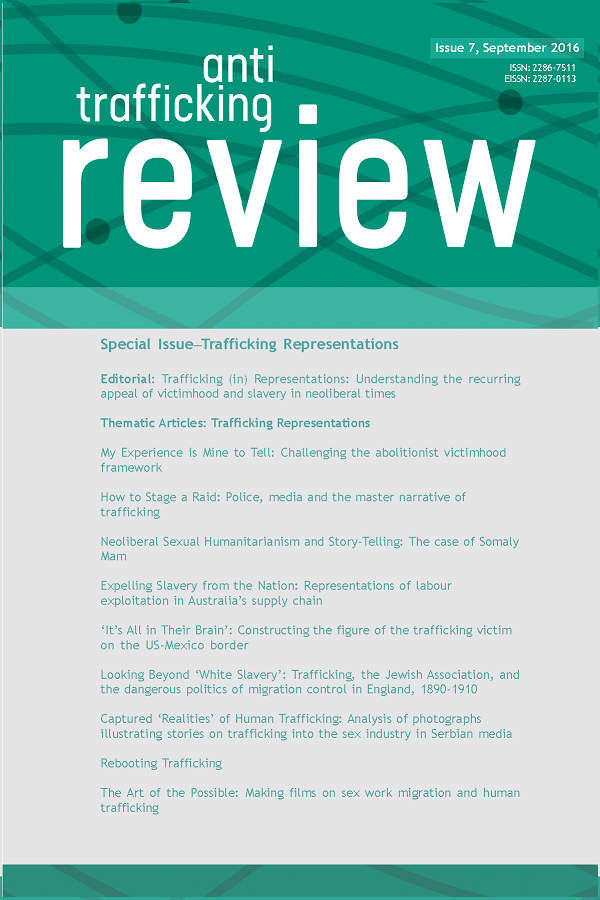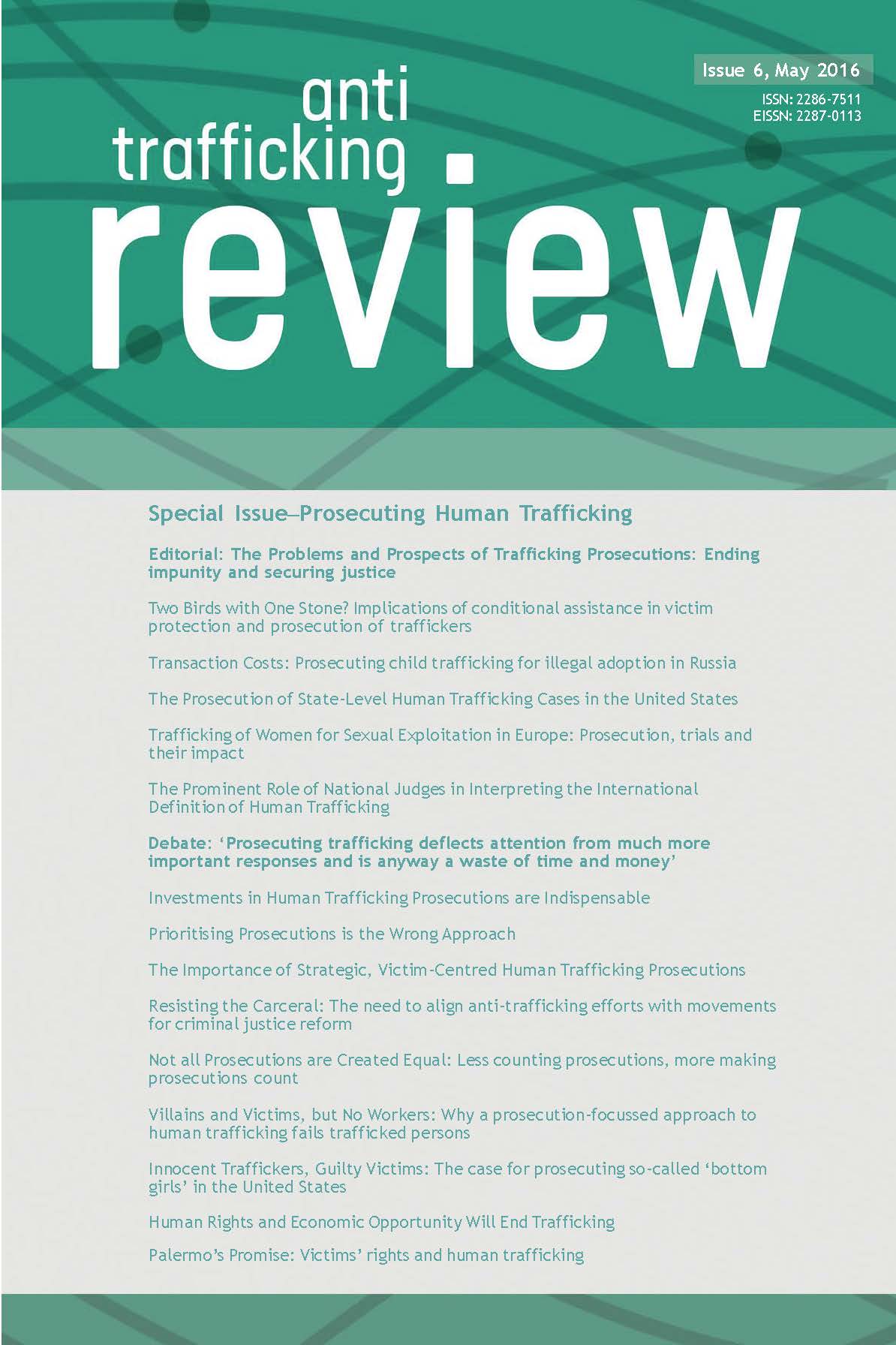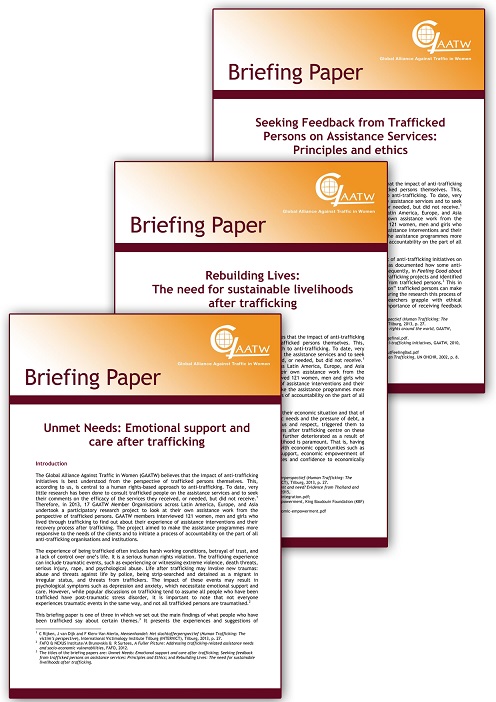International advocacy update June 2022
Mechanism to review the implementation of the UN Convention against Transnational Organized Crime (UNTOC) and its protocols
In late 2020, a new process began at the UN whereby states will report on how they are implementing UNTOC and its protocols (including the Palermo Protocol on Trafficking in Persons and on Smuggling of Migrants) – this is called the Review Mechanism.
GAATW has pushed for such a mechanism since the early 2000s and it is now a reality. This is important because it is currently the only mechanism through which states can be held accountable for their commitments under the Protocol to prevent and combat human trafficking and protect victims. It is similar to other accountability mechanisms, such as the reviews under CEDAW and UPR.
The UNTOC Review Mechanism is taking place in four stages known as “clusters” from December 2020 to December 2030. Each cluster focuses on different parts of UNTOC and its protocols. We are currently on Cluster 1 which focuses on “criminalisation.” This means states are being reviewed against Articles 3 and 5 of the Trafficking in Persons Protocol; Articles 3, 5 and 6 of the Smuggling of Migrants Protocol; and Articles 2, 5, 6, 8, 9, 10, 15 and 23 of UNTOC. These are the articles that relate to the legal definitions of trafficking and smuggling, and the obligation on states to criminalise trafficking and smuggling.
Unfortunately, it looks like very few states have proactively sought to consult with NGOs as part of this review process. Therefore, in order to input into the process CSOs may need to be quite proactive and get in touch with government contacts responsible for anti-trafficking work. However, we have heard from our members that some have tried to do this without success.
Other opportunities to input
- Reviewing States
Each country is reviewed by two other countries. For example, Nepal is being reviewed by Vietnam and St Lucia. Therefore, NGOs in Vietnam could be asked to help with their government’s review of Nepal.
- The Transparency Pledge
The UNODC, in partnership with Global Initiative against Transnational Organized Crime is encouraging Member States to sign up to a “Transparency Pledge”. In the pledge, States promise to consult with civil society and involve them throughout the review process.
NGOs who can speak with their government contacts about the Review Mechanism could also raise the pledge and try and encourage their government to sign up. You can find the text of the pledge at p.46 of this document.
Case studies of CSO engagement with the Review Mechanism – Canada and Mexico
The Government of Canada seems to have undertaken a fairly rigorous consultation with NGOs and will be submitting their questionnaire this month. The Government instructed an NGO, the International Centre for Criminal Law Reform, to conduct this national consultation, and the ICCLR has prepared a detailed 72-page report for the government to use in its responses. GAATW Board member Annalee Lepp and our member SWAN Vancouver participated in this consultation.
The Government of Mexico has received funding from the United States to undertake a “pilot initiative” with UNODC to engage NGO stakeholders in its review mechanism process. The Pilot Initiative in Mexico was formerly launched on 28 April.
The Constructive Dialogue - July 2022
As part of the Review Mechanism, UNODC will also organise a series of “constructive dialogues.” These will take place on three different dates. The one about migrants smuggling and human trafficking is scheduled for 1 July 2022.
The purpose of the constructive dialogue is to brief civil society and stakeholders on how the review process has gone for each country, and also to give stakeholders the opportunity to make suggestions about ways to improve the implementation of UNTOC and its protocols. The GAATW International Secretariat has registered to attend online and will submit a written and a video statement.
If you are engaging with the UNTOC Review Mechanism and would like to share your impressions, please get in with with Maya Linstrum-Newman at This email address is being protected from spambots. You need JavaScript enabled to view it.
International Convention on Countering the Use of Information and Communications Technologies for Criminal Purposes (Cybercrime Convention)
For the last ten years, there has been a push for an international convention to counter cybercrime. This has now gained enough support at the UN and negotiations for this treaty have begun. These negotiations are overseen by an “Ad-Hoc Committee” of the UNODC.
Many CSOs are concerned with the proposed treaty as some of the governments who are supportive of the treaty are already using cybercrime laws in their own countries to persecute journalists, human rights defenders, opposition politicians and artists.
There is also a risk that the new treaty will be used to curtail the rights of women, LGBTQ+ people and sex workers through a prohibition of “obscene” or “intimate” material. Looking at the draft documents that have been published by the Ad-Hoc Committee, it is clear that some states are pushing for these types of clauses. For instance, one wants the Convention’s scope to cover “prohibited intimate images and visual recordings.” Another wants the Convention to prohibit the distribution of “obscene” content.
It is likely that human trafficking and online sexual exploitation will be considered for inclusion in the final treaty. However, this approach has been resisted by CSOs who argued in this joint letter that there are sufficient protections and commitments in CEDAW, the Trafficking Protocol, etc., and that states should instead focus on implementing those commitments, rather than seeking to introduce more criminalising measures. At GAATW, we agree with this position and believe that the focus on tighter regulations of communication technologies distracts from efforts to address the root causes of trafficking, which are related to inhumane labour migration regimes, discrimination, and lack of economic opportunities for all.
In more positive news, the Ad-Hoc Committee has so far been very welcoming of CSOs’ engagement in the treaty negotiation process. At the first session, several CSOs had the opportunity to submit their written views and to participate online. You can read Human Rights Watch’s submission here.
The International Migration Review Forum
The International Migration Review Forum (IMRF) took place last month in New York. The IMRF is a process for states to review every four years the progress made at the local, national, regional, and global levels in implementing the Global Compact for Safe, Orderly and Regular Migration (GCM). May’s session was the first one.
The IMRF consisted of four interactive multi-stakeholder round tables, a policy dialogue, and a plenary. It has also resulted in an inter-governmentally agreed “Progress Declaration.” You can read the final draft of the Progress Declaration that was adopted here. We also recommend reading the Women in Migration Network’s reflections on this Declaration (see their statement here), and the statement of the Coordinator of the Civil Society Action Committee, Colin Rajah, available here.
The GAATW International Secretariat co-hosted a side event during IMRF alongside the Government of Bangladesh, the Women in Migration Network (WIMN), the Office of the UN High Commissioner for Human Rights, and our members BNSK and OKUP from Bangladesh, Corporación Espacios de Mujer from Colombia, and FairWork from the Netherlands. Our side event discussed the research that we and our partners in South Asia, Western Europe, and Latin America conducted to document migrant and trafficked women’s lived experiences with social and economic inclusion in the destination countries as well as with return and reintegration in their home countries. The event was well attended, both in-person and online, and we would like to thank our wonderful speakers for their contributions. You can watch the event here.
In addition, as part of the Global Coalition on Migration, Bandana Pattanaik, the GAATW International Coordinator, wrote an op-ed ahead of the IMRF, which was published in Open Democracy’s Beyond Trafficking and Slavery here.



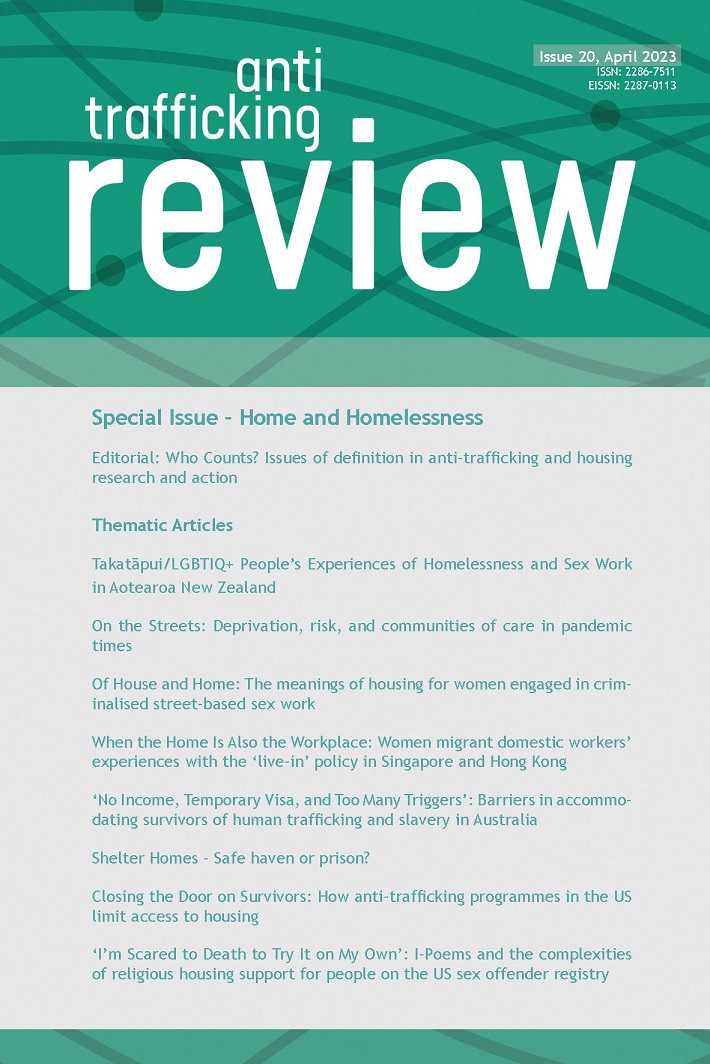
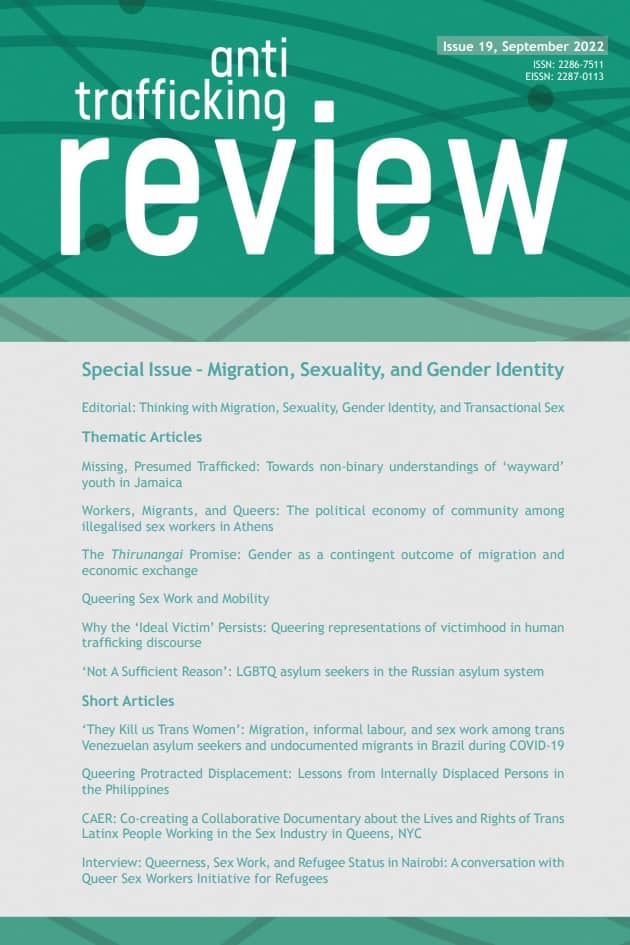
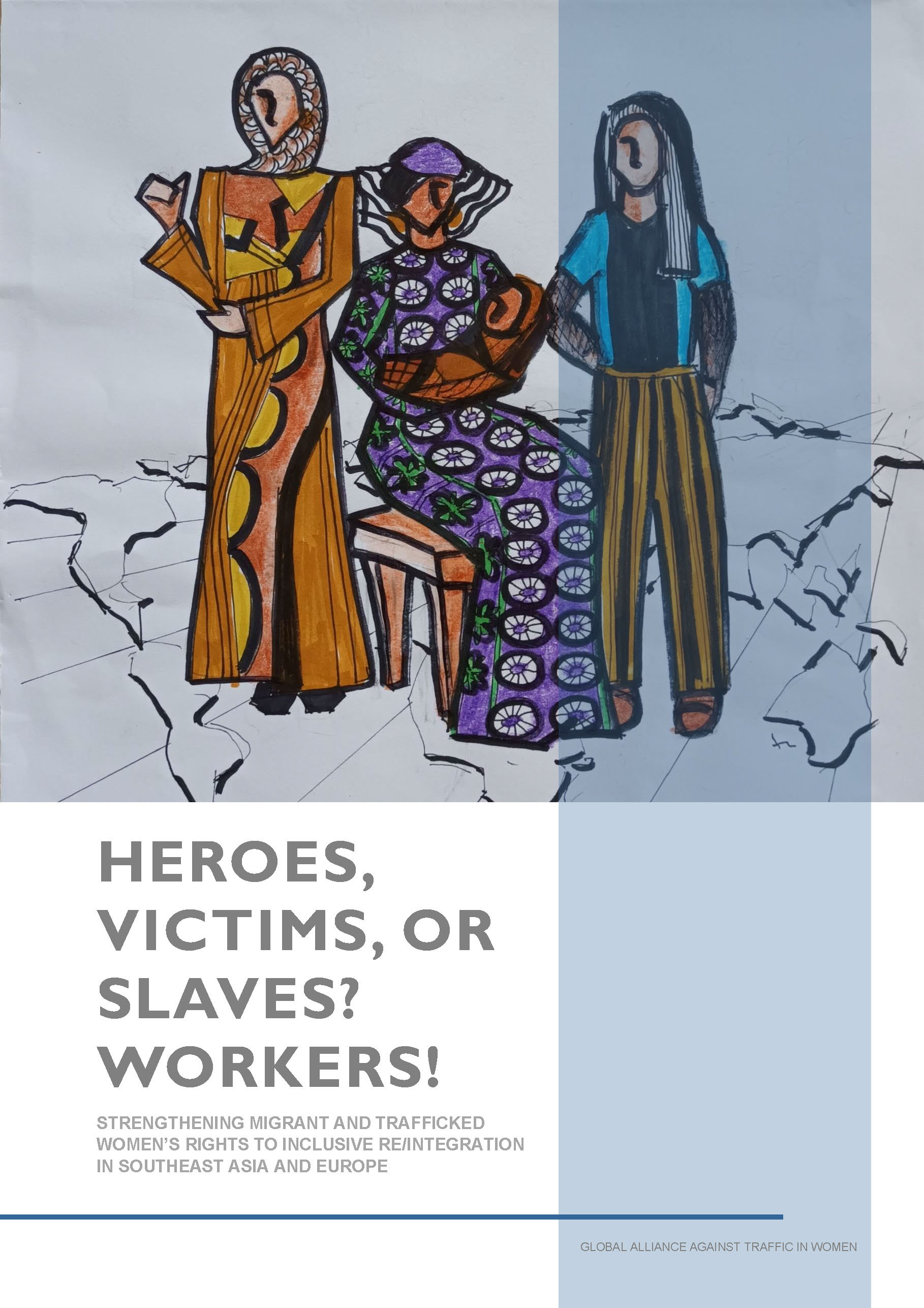
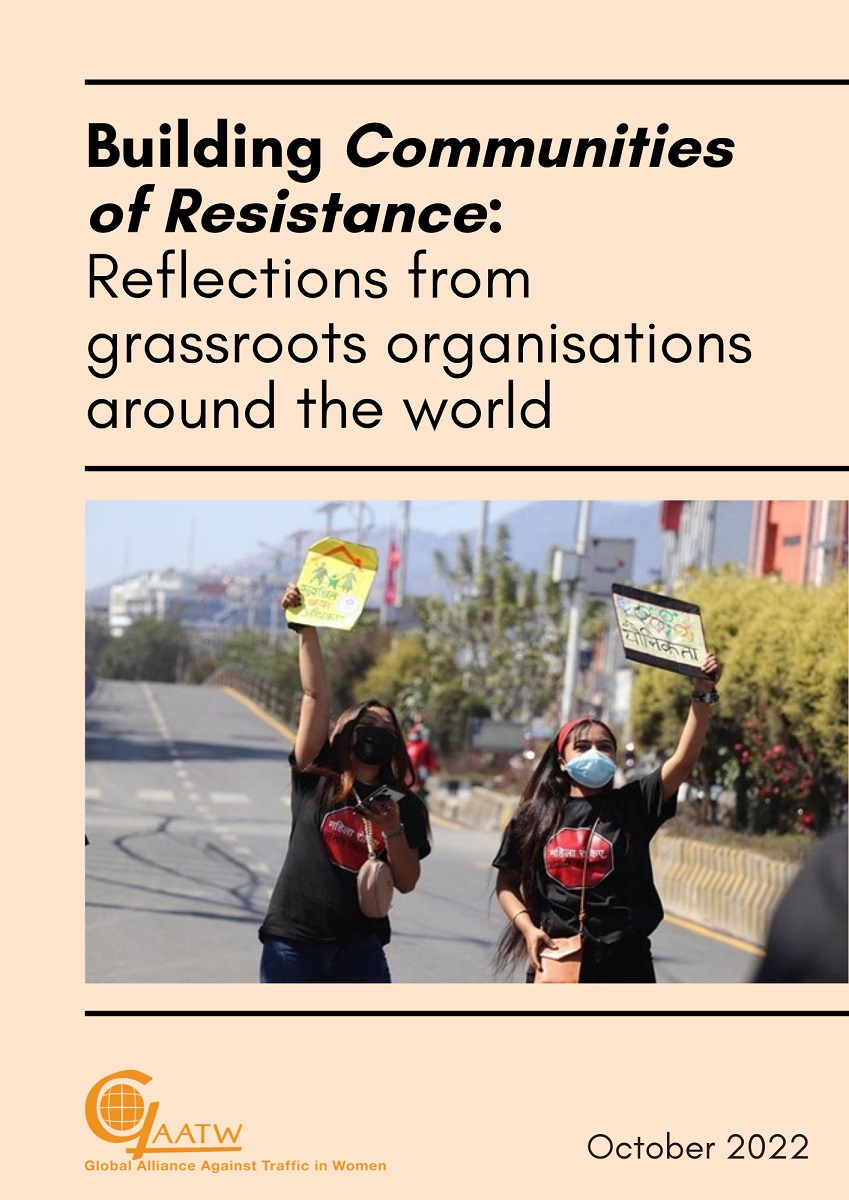
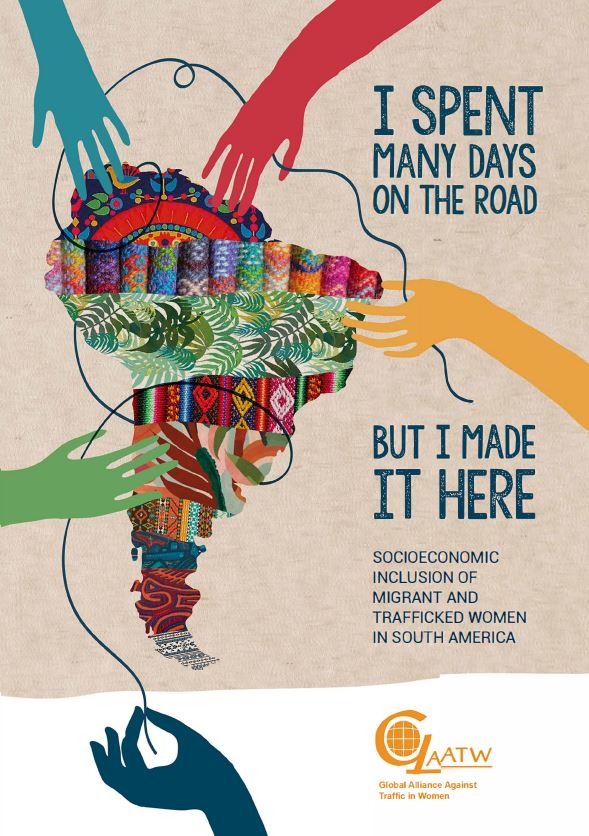
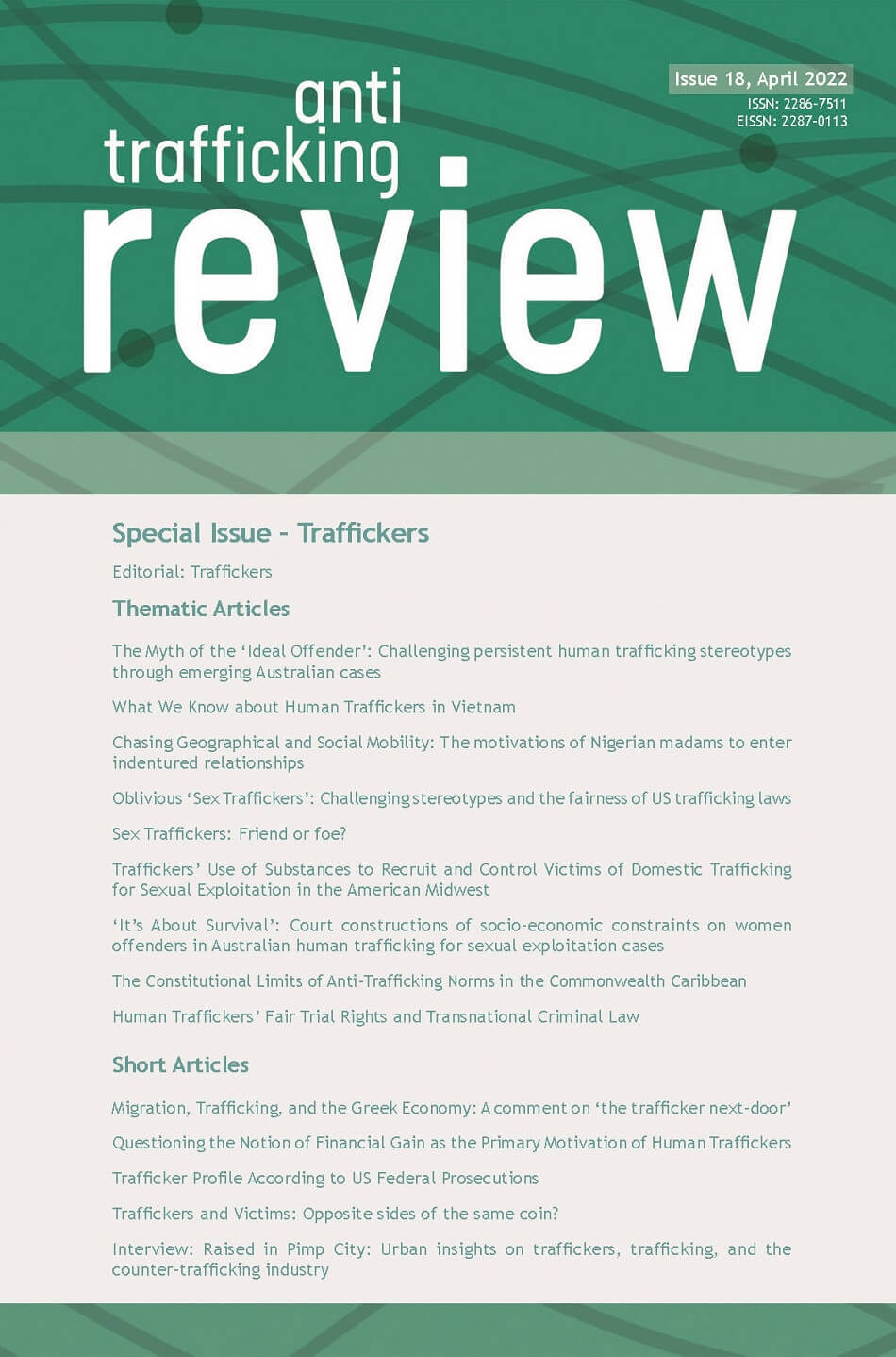
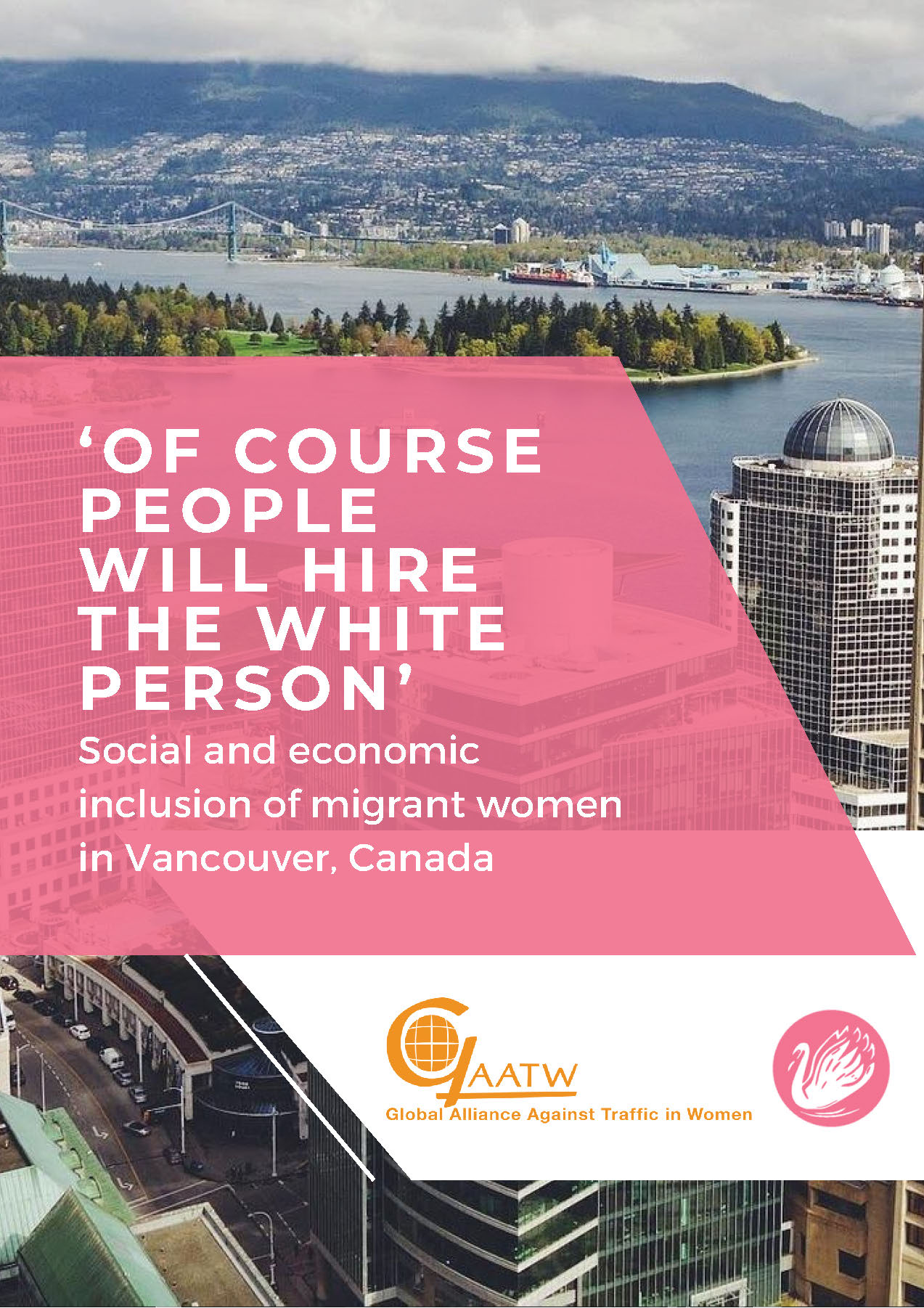
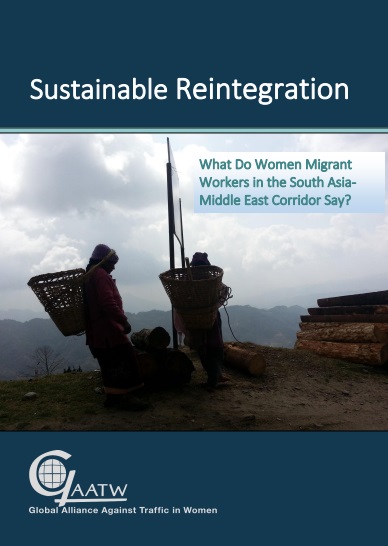
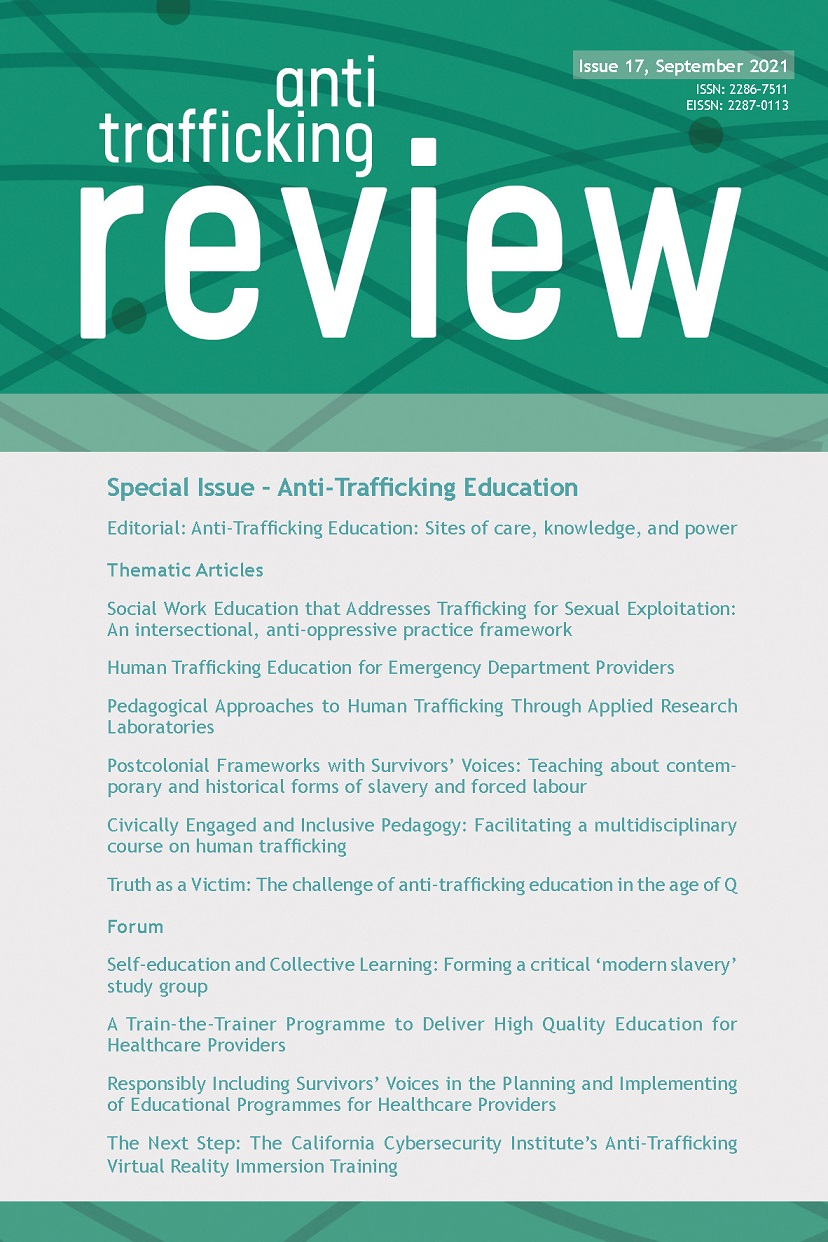
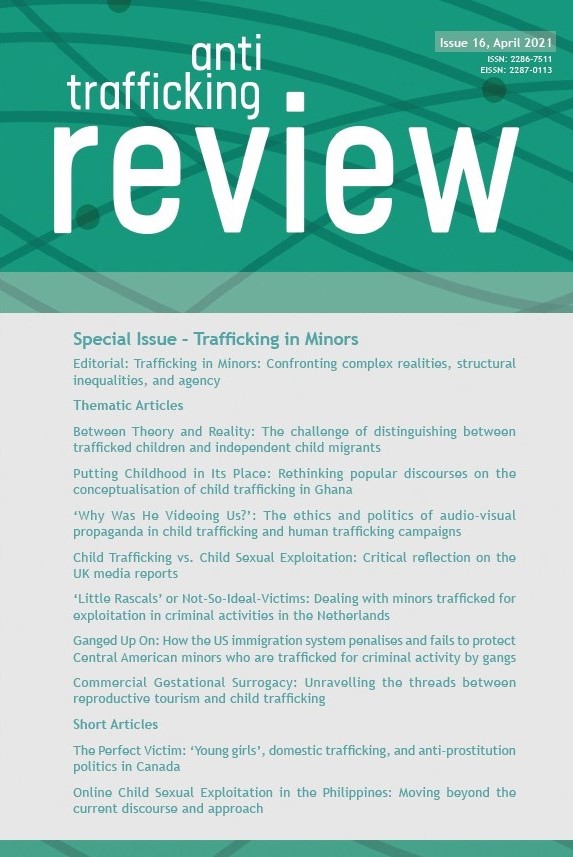
.pdf - Adobe Acrobat Pro 2_8_2021 4_36_32 PM.png)
